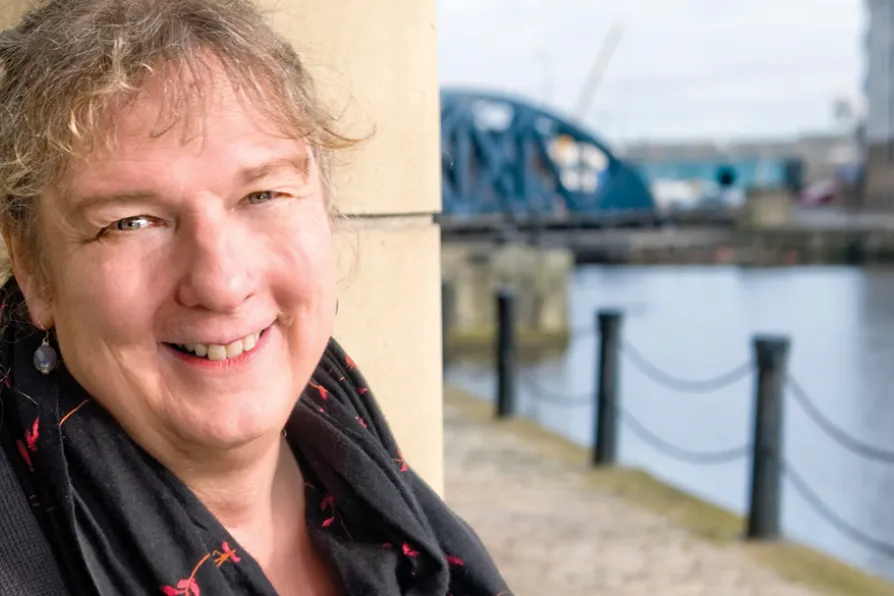MATTHEW HAWKINS contrasts the sinister enchantments of an AI infused interactive exhibition with the intimacies disclosed by two real artists

 Jo Clifford
Jo Clifford
COVID REQUIEM, which will take place at Pitlochry theatre this September, is a first response by theatre-makers to the devastating loss of life that has been suffered in the UK because of the pandemic. It is the initiative of the playwright and performer Jo Clifford.
Her remarkable career spans from classic shows like Ines de Castro and Losing Venice, to her recent monologues as a transgender performer, Jesus, Queen Of Heaven and Eve. The reception of these plays in the UK and internationally gives her good reason to believe in theatre as a tool for social change and collective healing.
Covid Requiem will be a promenade performance through mature woodland, whose itinerary follows the five stages of grief. It is the last production in a remarkable open-air season at Pitlochry that has seen the company adapt to Covid restrictions, and in doing so to develop works that seek a new relationship to the audience and the wider world.

WILL PODMORE welcomes the case put by a feminist, disentangling the abusive rhetoric of the trans rights debate

We are experiencing a wave of organised, often deadly violence targeting migrants from other parts of Africa — but the poorest South Africans reject this hatred, staying true to the spirit of Ubuntu and Pan-African unity, reports NIGEL BRANKEN

Timeloop murder, trad family MomBomb, Sicilian crime pages and Craven praise











